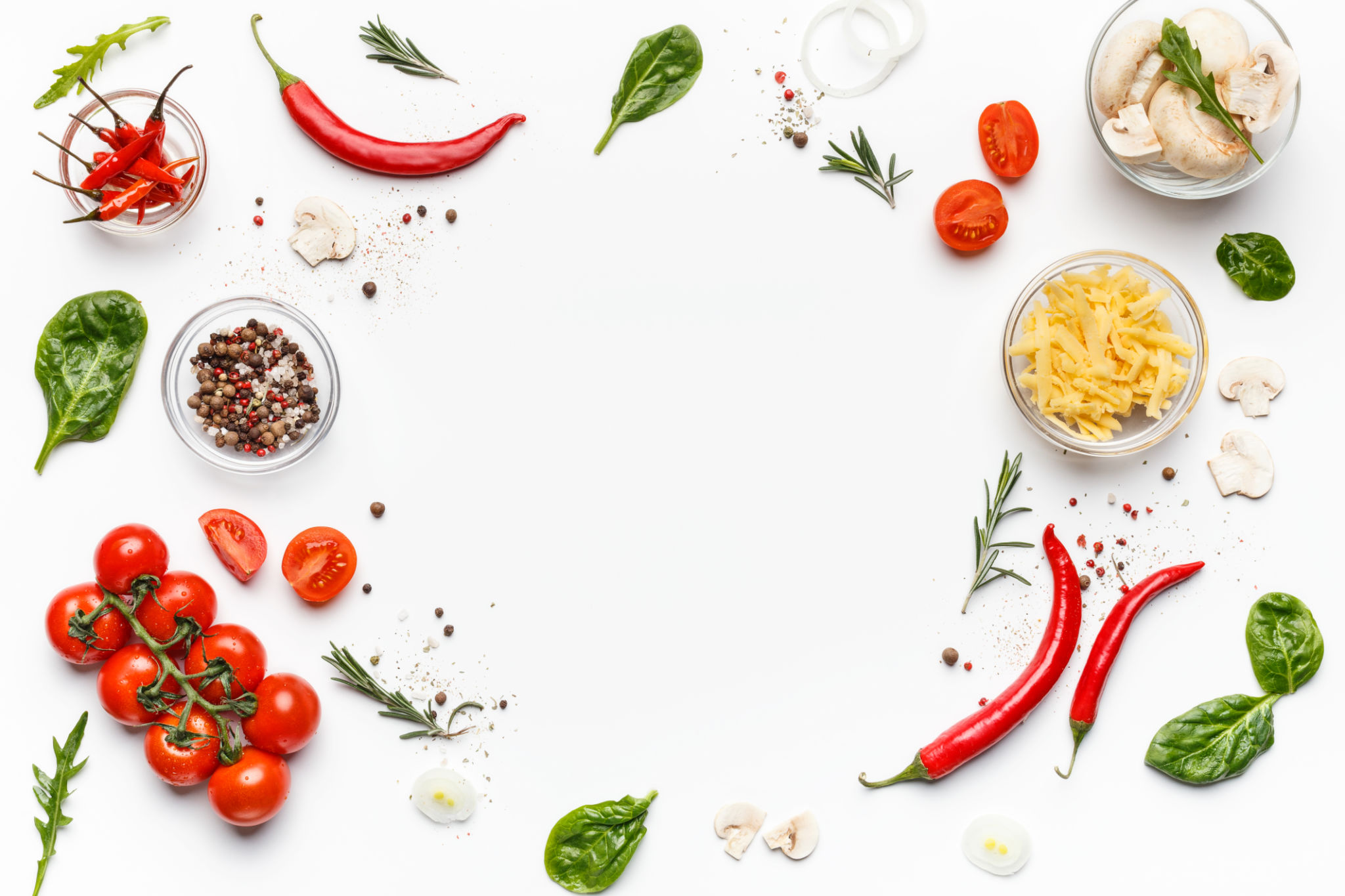Expert Tips: Choosing the Right Barbecue Seasoning for Competition-Level Flavors
AA
Understanding the Basics of Barbecue Seasoning
The foundation of any great barbecue lies in its seasoning. Whether you're a novice griller or a seasoned pitmaster, selecting the right blend of spices and herbs is crucial for achieving that competition-level flavor. Barbecue seasoning typically includes a mix of salt, sugar, herbs, and spices that enhances the meat's natural flavors while adding complexity.
When crafting or choosing a barbecue seasoning, consider the type of meat you will be grilling. Different meats require different flavor profiles. For instance, pork often pairs well with sweet and smoky seasonings, while beef might benefit from bold and peppery blends. Understanding these basics can set you on the right path to championship-worthy barbecue.

The Role of Salt and Sugar
Salt and sugar are essential components in any barbecue seasoning. Salt enhances flavors and aids in moisture retention, ensuring your meat remains juicy. Sugar, on the other hand, caramelizes during cooking, creating a delicious crust on the meat's surface. It's important to balance these two elements to avoid overly salty or sweet results.
Many pitmasters prefer using brown sugar for its molasses content, which adds depth to the seasoning. However, granulated sugar can also work well, especially for those aiming for a milder sweetness. Experimenting with different types of salts, such as kosher or sea salt, can also bring subtle changes to your seasoning's flavor profile.
Incorporating Herbs and Spices
Herbs and spices are what truly define a barbecue seasoning's character. Common spices include paprika for color and heat, garlic powder for depth, and cayenne for a spicy kick. You might also incorporate herbs like thyme and oregano for an aromatic touch.
When selecting spices, consider how they interact with each other. Paprika, for example, pairs well with cumin to create a smoky flavor. Remember that fresh spices will yield better results than stale ones, so always check the freshness of your ingredients before use.

Customizing Your Seasoning
One of the joys of barbecue is crafting a custom seasoning blend that reflects your personal taste. Start with a base recipe and adjust it according to your preferences. If you enjoy heat, add more cayenne or crushed red pepper. For a more herbaceous flavor, increase the amount of dried herbs.
Consider keeping a journal of your experiments to track which combinations work best. Over time, you’ll develop a signature blend that not only impresses judges at competitions but also becomes a favorite among family and friends.
Application Techniques
Applying your seasoning correctly is as important as selecting it. For maximum flavor penetration, apply a generous amount of seasoning evenly over the meat surface before cooking. Some experts recommend letting the seasoned meat rest for at least an hour before cooking to allow flavors to meld.

If you're smoking meat, consider using a binder like mustard or oil to help the seasoning adhere better. During cooking, you can add layers of flavor by reapplying seasoning or using a complementary sauce towards the end of the grilling process.
Testing and Adjusting
A critical step in perfecting your barbecue seasoning is testing it in real cooking situations. Try different blends during practice sessions to see how they perform under various conditions. Take notes on what works well and what doesn’t.
Always be open to feedback from others who taste your creations. They might offer insights that help you refine your seasoning further. Remember that even small adjustments can make a significant difference in achieving those competition-level flavors.
